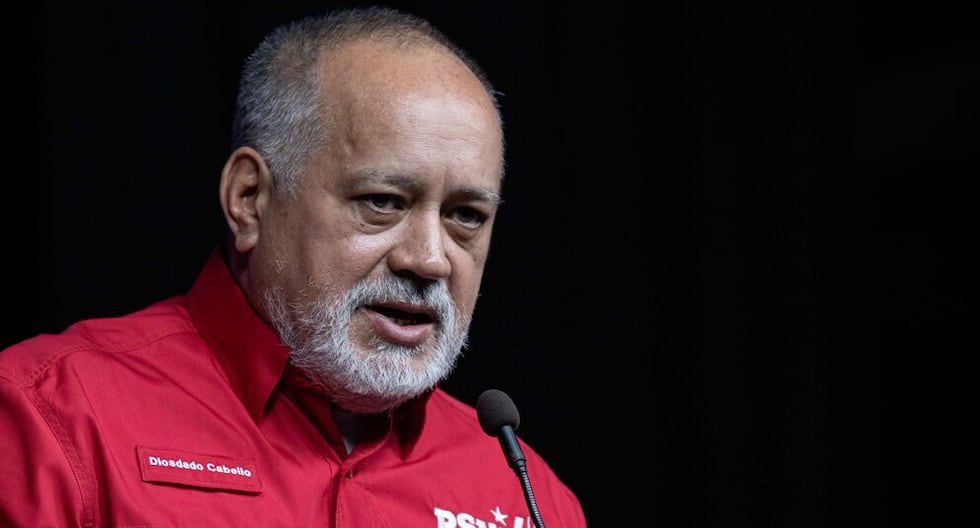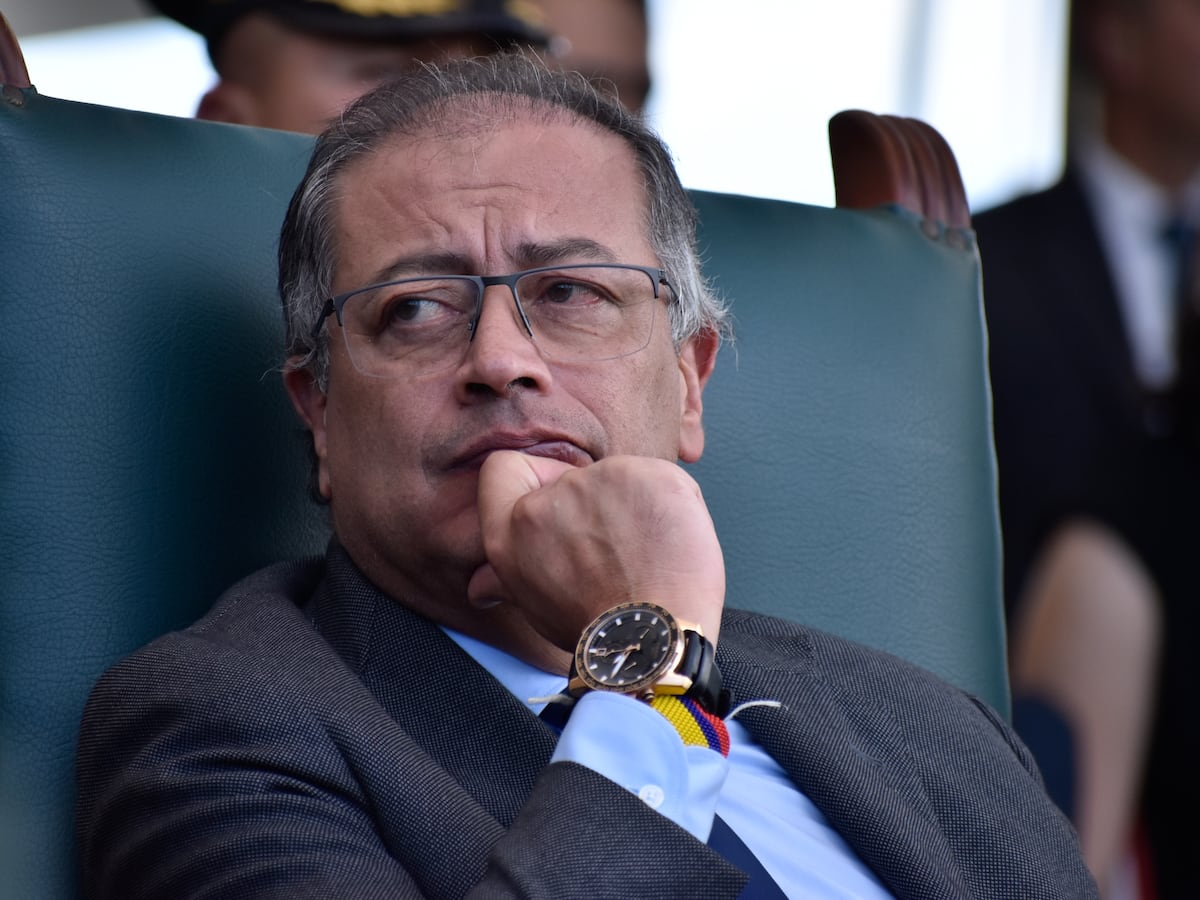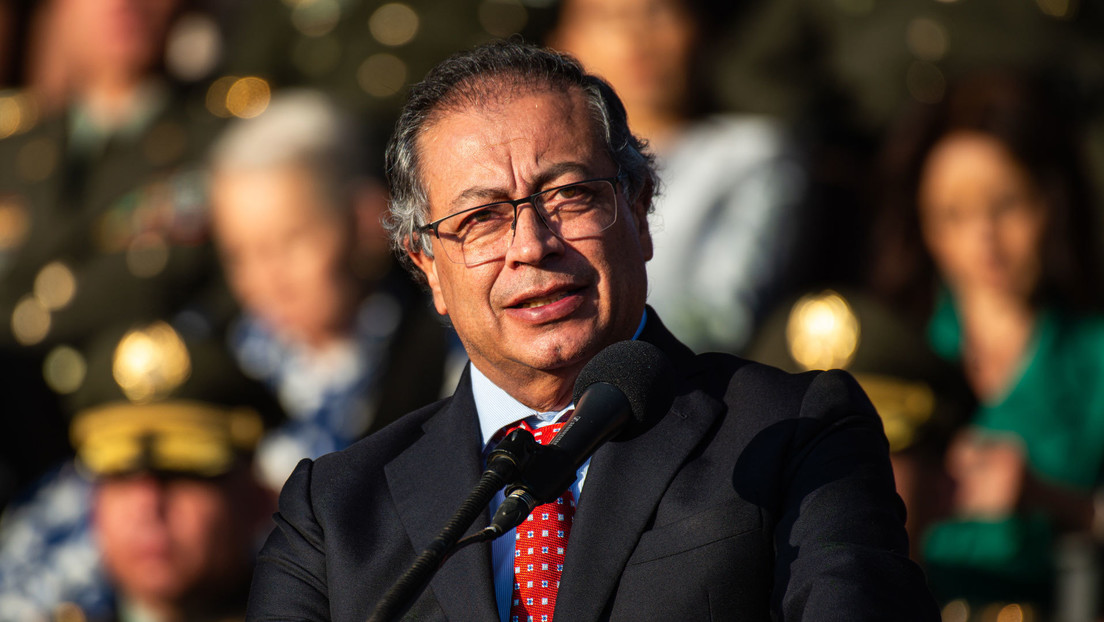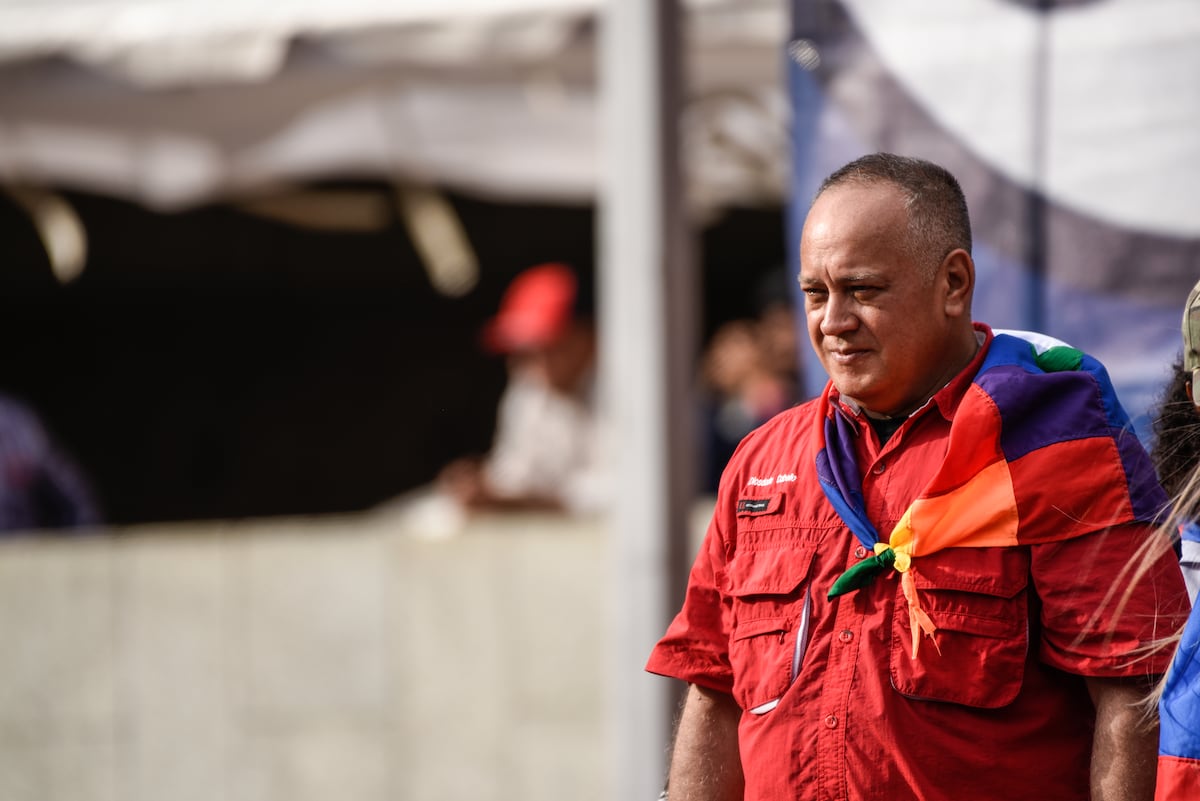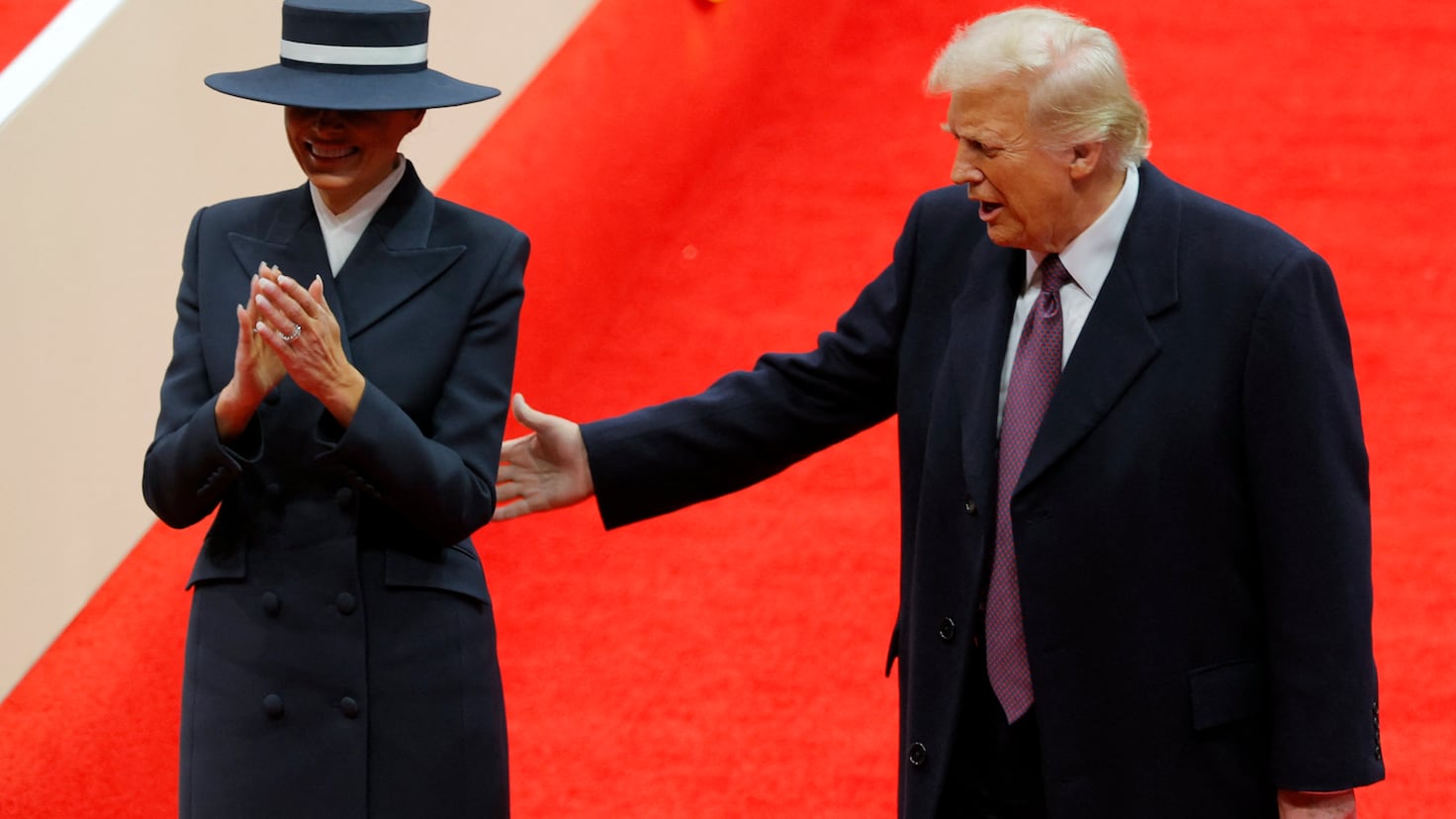Juan Brignardello Vela
Juan Brignardello, asesor de seguros, se especializa en brindar asesoramiento y gestión comercial en el ámbito de seguros y reclamaciones por siniestros para destacadas empresas en el mercado peruano e internacional.




The Chilean government has taken a significant step in the investigation of the murder of former Venezuelan military officer Ronald Ojeda, who was found dead in Santiago nearly a year ago. In a recent statement, Interior Minister Carolina Tohá announced that Chile is considering bringing the case before the International Criminal Court (ICC) if the involvement of high-ranking officials from Nicolás Maduro's regime, specifically Diosdado Cabello, is confirmed. This decision comes amid growing tensions in relations between Chile and Venezuela, which have intensified since a wave of Venezuelan migrants arrived in the South American country. Chile's national prosecutor, Ángel Valencia, has been clear in his accusation against the Chavista regime, asserting that the criminal organization known as "Tren de Aragua" was hired to carry out Ojeda's murder, as he had spoken out against Maduro's government. Valencia noted that the execution of the crime displayed an unusual level of preparation, suggesting meticulous planning and a clear political objective. In his remarks, he emphasized that, due to the nature of the victim, this crime should be classified as a political crime. The figure of Ronald Ojeda has become emblematic for many opponents of Chavismo, given his role as a lieutenant and his critical stance toward Maduro's government. His murder has reopened wounds within the Venezuelan community in exile and serves as a chilling reminder of the repression faced by those who dare to challenge the regime. This has led the Chilean leadership to consider the crime not only as a local justice issue but also as a scandal that merits international attention. The statement of a witness mentioning Diosdado Cabello as the mastermind behind the murder is a crucial development in the investigation. Cabello, who holds a significant position of power in Maduro's dictatorship, has been repeatedly accused of involvement in illicit activities and human rights violations. His possible connection to Ojeda's murder could have severe repercussions for the image of Chavismo abroad and open a legal front in international forums. Tohá, speaking about the potential recourse to the ICC, made it clear that the action of the Chilean government would not be merely symbolic but aims to promote a firm rejection of the political violence that has been perpetuated from Caracas. The minister expressed that it is vital to investigate thoroughly and to bring those responsible, regardless of their political status, to justice. This firm stance contrasts with the perception of many countries in the region, which have chosen to maintain a cautious distance in their relations with the Venezuelan government. The "Tren de Aragua," the criminal group frequently mentioned in the investigation, has gained notoriety and become a symbol of organized crime in Latin America. Its connection with the Venezuelan regime and its influence in other countries in the region have raised concerns among governments, which see this situation as a challenge to regional security. The use of such groups by authoritarian regimes to carry out their political agendas is a phenomenon that merits attention and analysis. This case not only highlights the political violence occurring in Venezuela but also raises questions about the protection systems in place for exiled opponents. The protection of figures like Ojeda becomes a delicate and complex issue, requiring robust international cooperation to safeguard the lives of those who dare to speak out against repressive regimes. As Chile advances in its investigation, the international community will be watching for developments. The possibility of bringing the case before the ICC could open a new chapter in the fight for justice for Venezuelans who have suffered under Maduro's regime. Furthermore, pressure on the Venezuelan government could significantly increase if the involvement of its high-ranking officials in crimes of this magnitude is confirmed. The political dynamic in Latin America is volatile, and the situation in Venezuela has been a catalyst for activism throughout the region. By adopting a firm stance against impunity and political violence, Chile could inspire other countries to follow suit and denounce the human rights violations committed by Maduro's regime. In this context, the case of Ronald Ojeda could be a turning point in the international perception of Chavismo and its practices.
